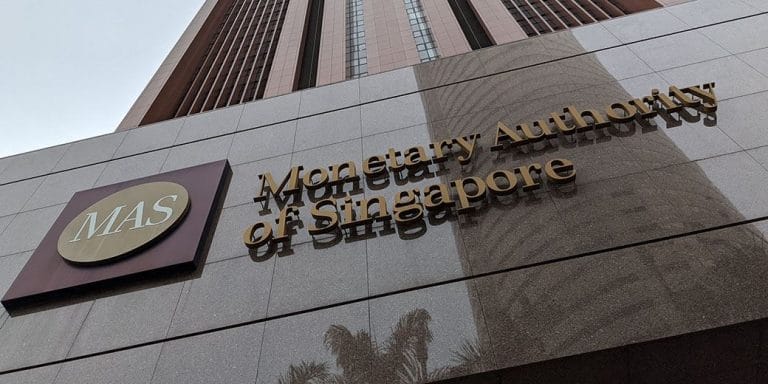🎧 Listen to This Article
In one of Singapore’s largest financial enforcement actions in recent history, nine prominent financial institutions—including UBS, Citibank, Julius Baer, and others—have been collectively fined S$27.45 million (US$21.5 million) over serious lapses in anti-money laundering (AML) controls.
The penalties, announced by the Monetary Authority of Singapore (MAS), stem from a sprawling money-laundering investigation linked to illicit online gambling operations in Asia. The scandal, involving the convictions of 10 Chinese nationals and widespread asset seizures—including gold bars and luxury vehicles—has raised urgent questions about Singapore’s aspirations as a premier global wealth management hub.
Regulatory Crackdown Reflects Mounting Risks
According to the MAS, the banks were penalized for “poor and inconsistent implementation” of AML measures across several key areas:
- Inadequate risk assessments for new clients
- Weak verification of customers’ source of wealth
- Deficient handling of suspicious transactions flagged internally
Credit Suisse, now part of UBS, faced the largest individual fine at S$5.8 million, followed by UBS itself at S$3 million, and Citi at S$2.6 million.
Industry-Wide Failures
Other institutions penalized include United Overseas Bank, LGT, Julius Baer, and smaller asset managers like Blue Ocean Invest and Trident Trust.
MAS highlighted lapses not only in systems and controls but also among individual relationship managers and executives responsible for client onboarding and due diligence.
Responses from Financial Institutions:
- United Overseas Bank (UOB) acknowledged MAS’ findings and said it has “promptly enhanced transaction monitoring and due diligence procedures.”
- Citi Singapore stated it had strengthened client onboarding and monitoring, adding it remains committed to collaborating with authorities to bolster AML measures.
- Other institutions, including Julius Baer, UBS, LGT, Blue Ocean Invest, and Trident Trust, similarly confirmed cooperation with the regulator and the implementation of remedial measures.
Implications for Singapore’s Wealth Sector
The case underscores a crucial dilemma facing Singapore: balancing its status as an open financial center attracting global wealth with the need to enforce rigorous AML standards.
Ho Hern Shin, MAS’s deputy managing director for financial supervision, stressed:
“Singapore, like other major financial centers, faces exposure to money-laundering risks. MAS will take firm action where serious failings are found.”
This enforcement action, the most significant since Singapore’s 1MDB-related fines, signals a more aggressive regulatory stance. It also serves as a stark reminder for banks and asset managers worldwide of the mounting scrutiny on cross-border transactions and client vetting procedures.
For further details, clarification, contributions, or any concerns regarding this article, please get in touch with us at editorial@tax.news. We value your feedback and are committed to providing accurate and timely information. Please note that our privacy policy will handle all inquiries.



